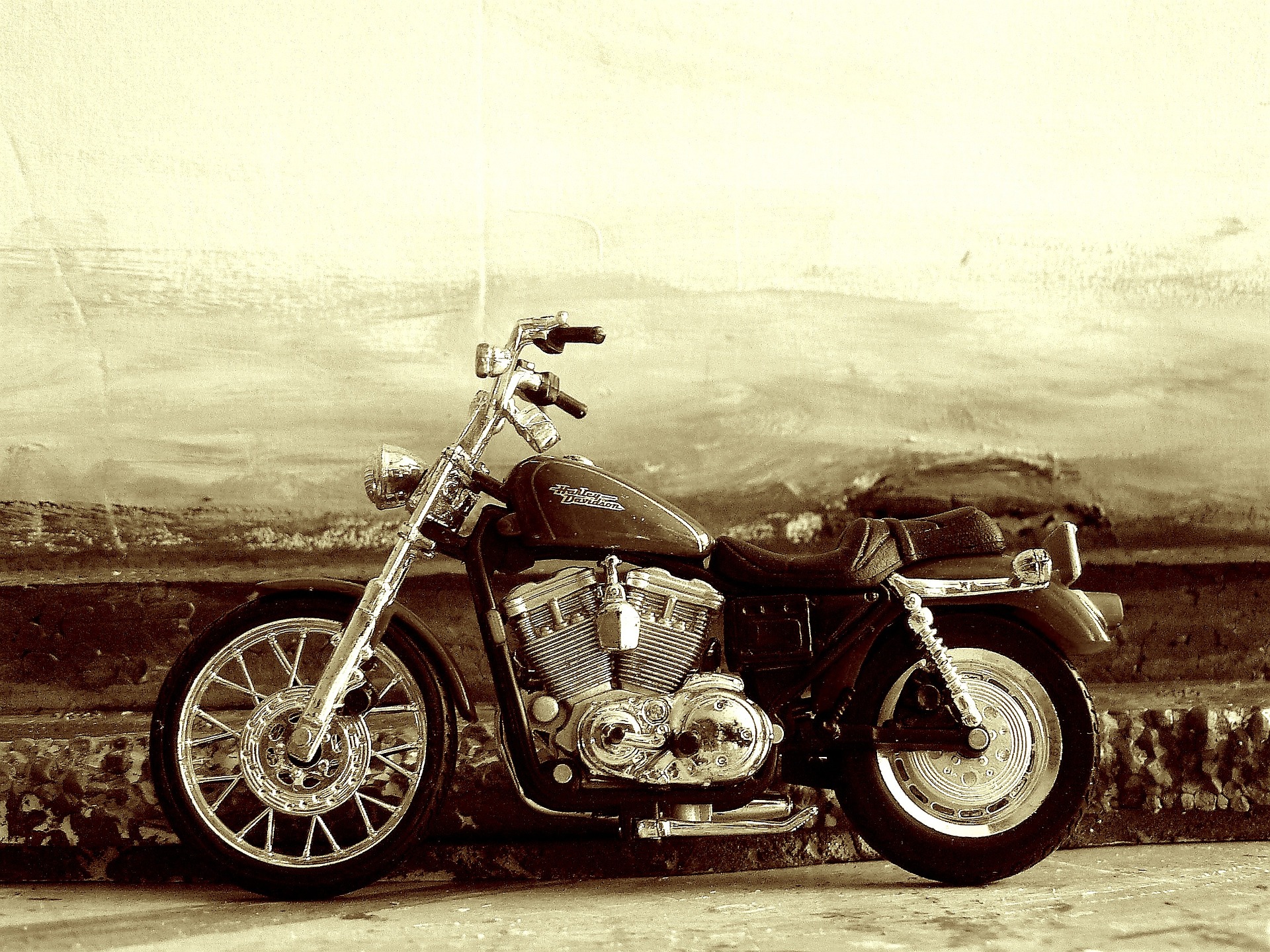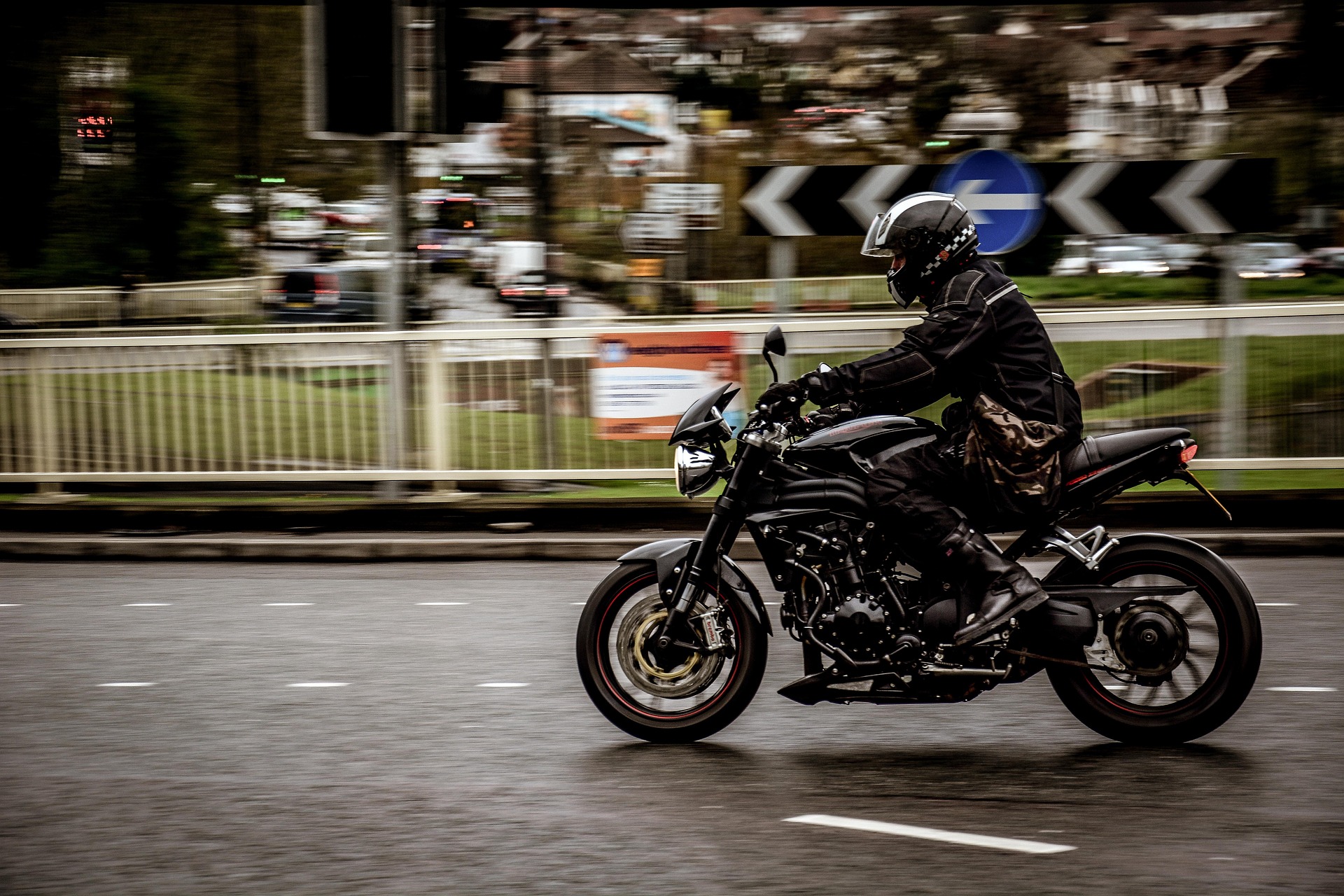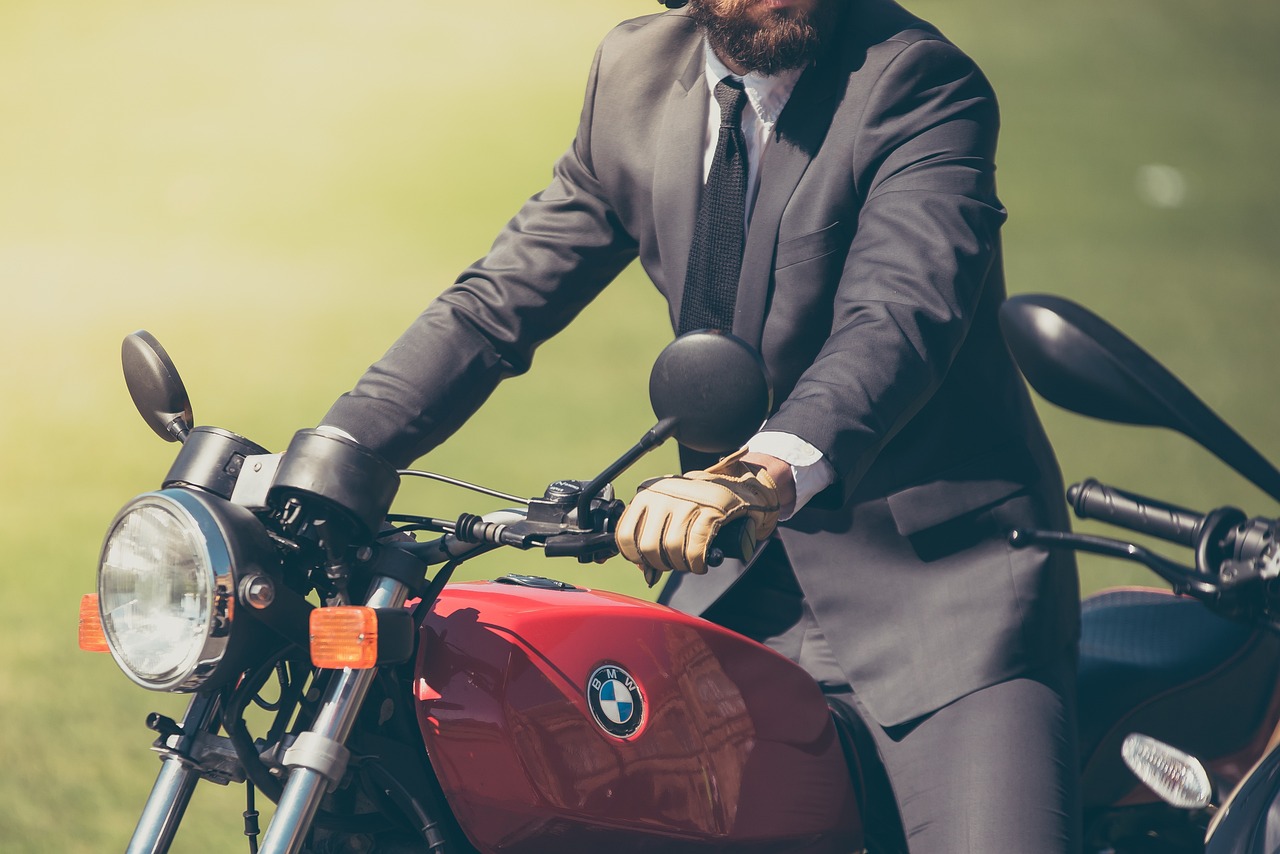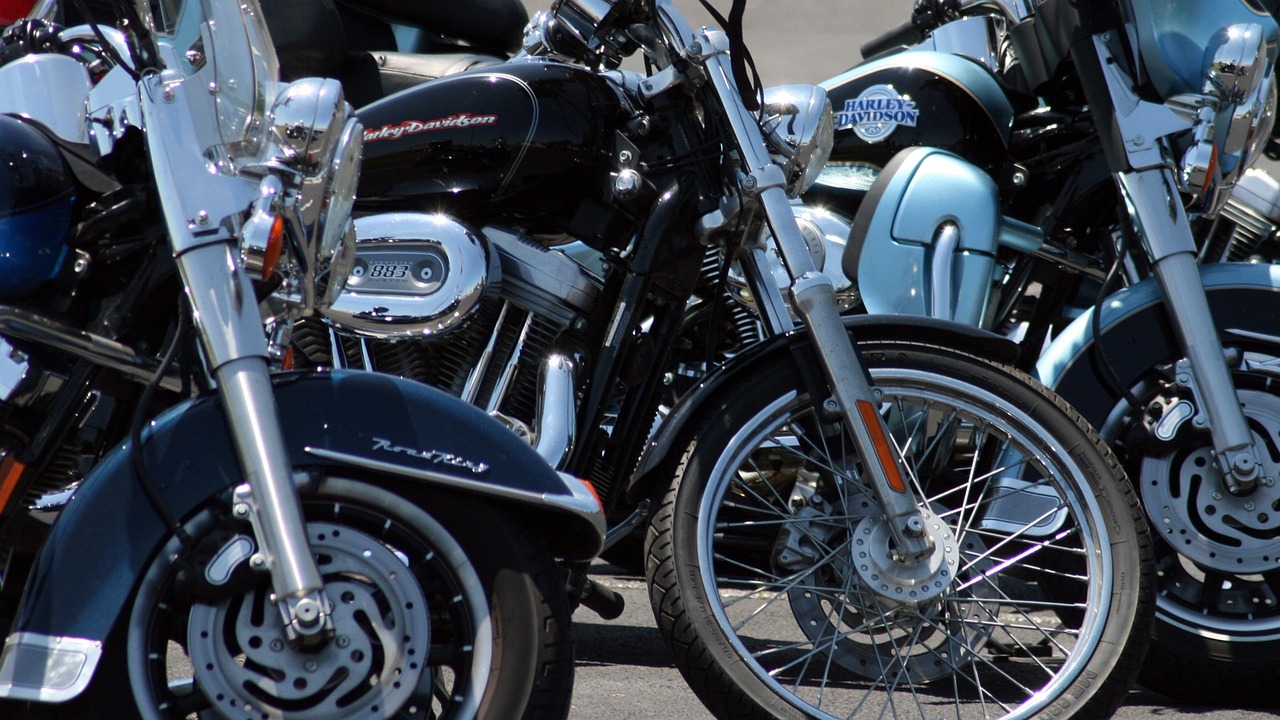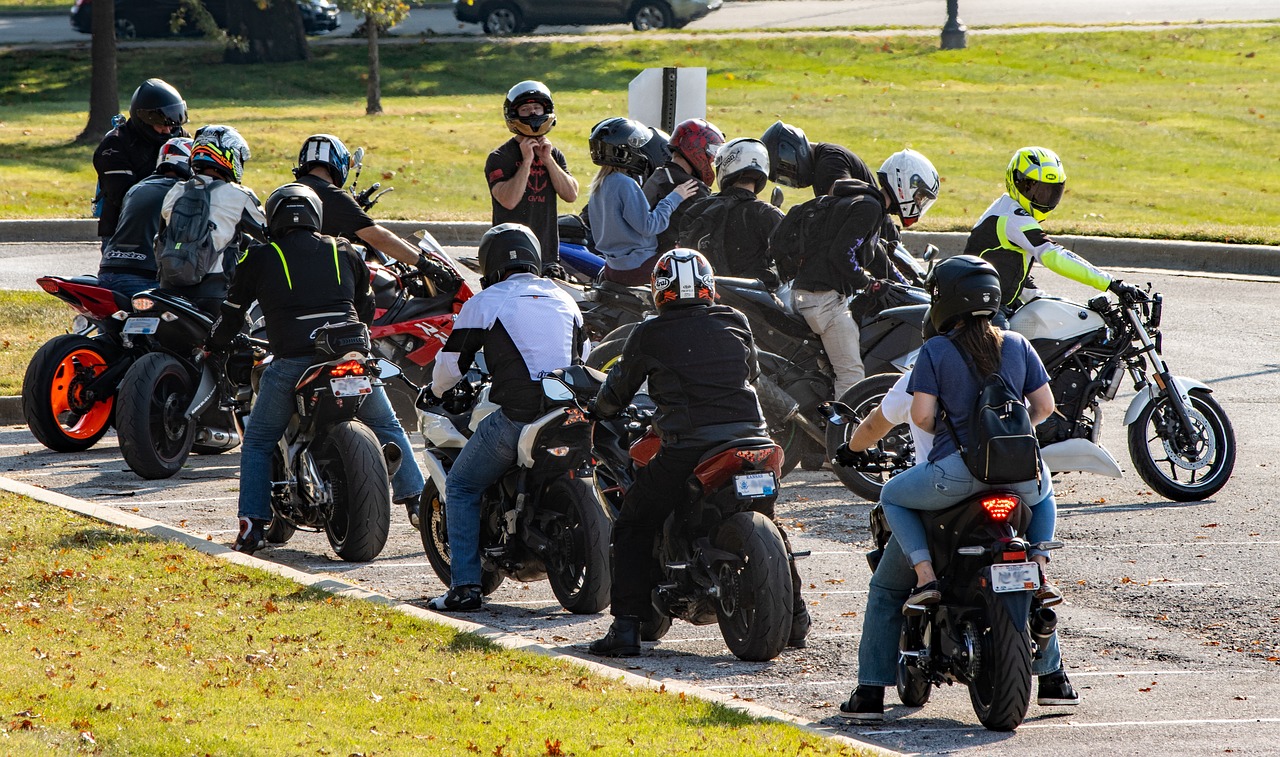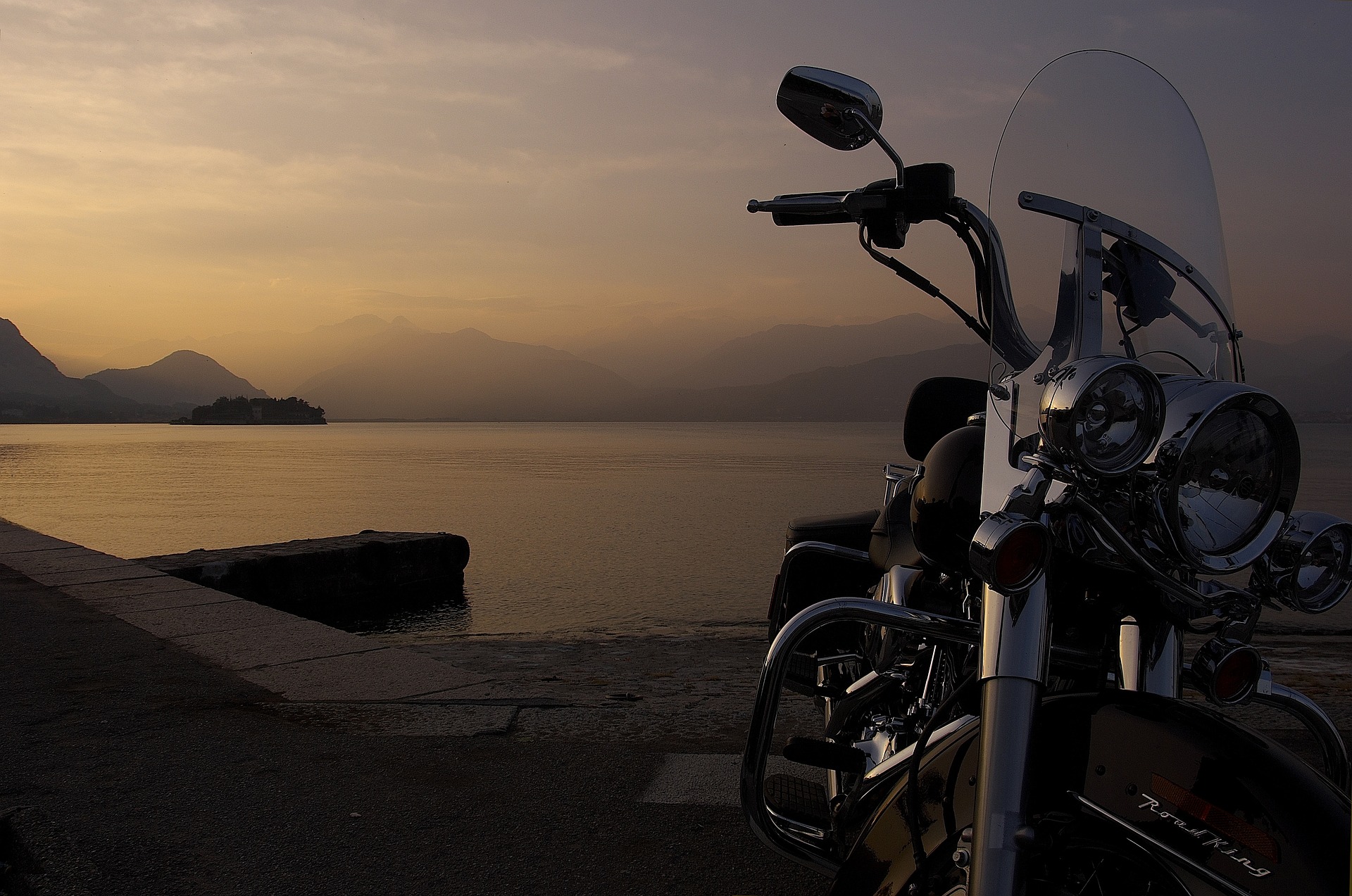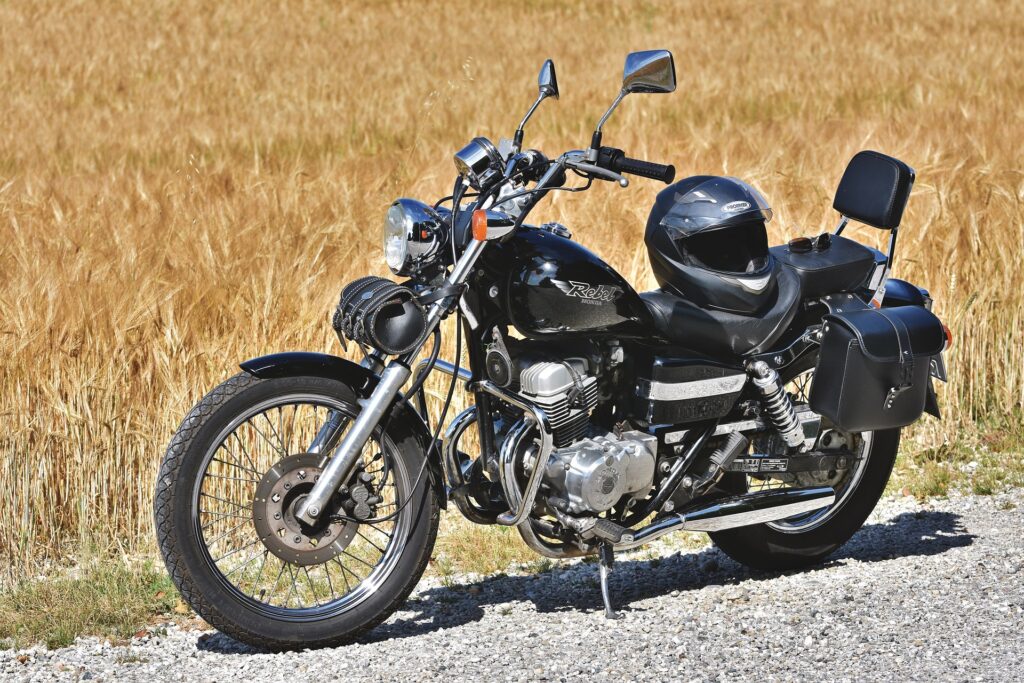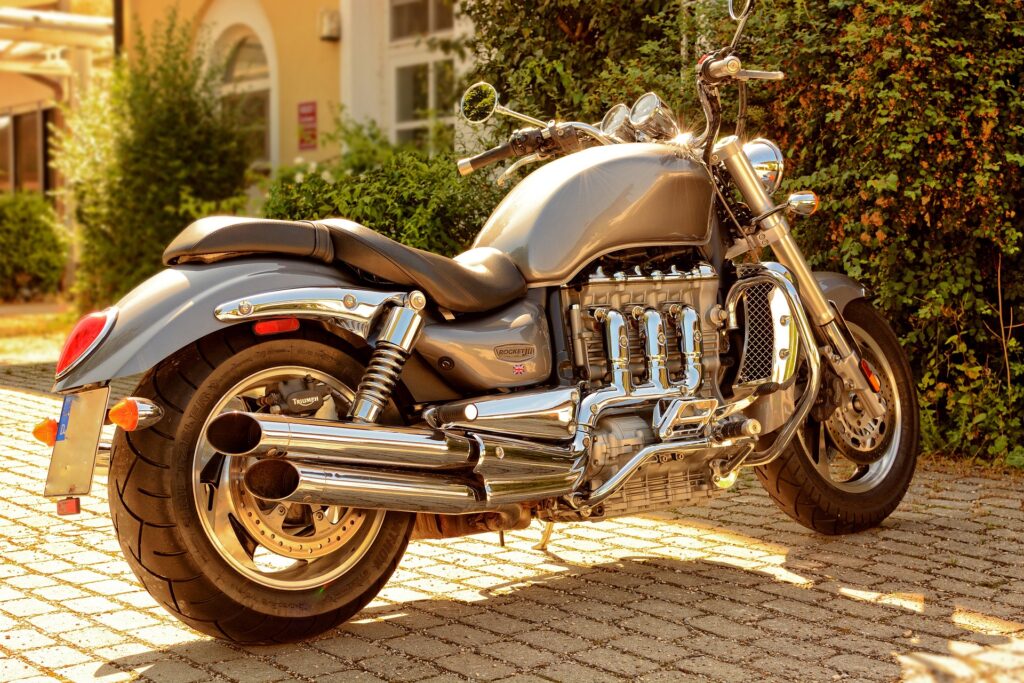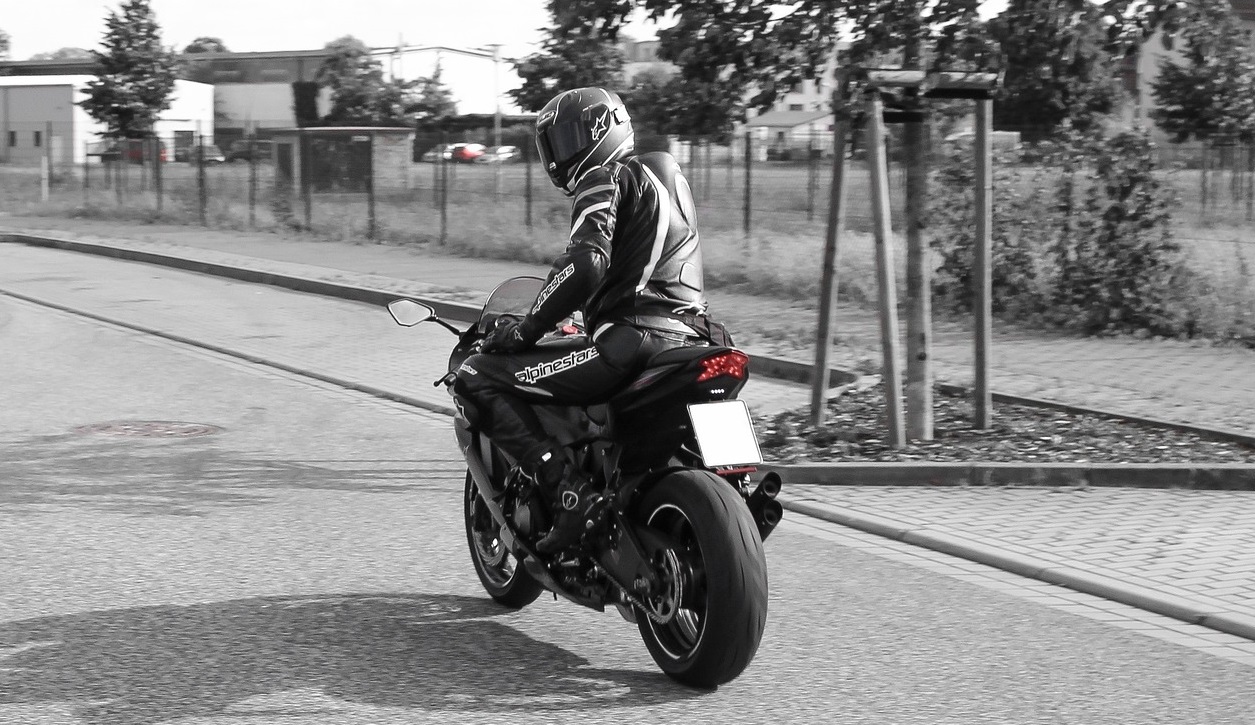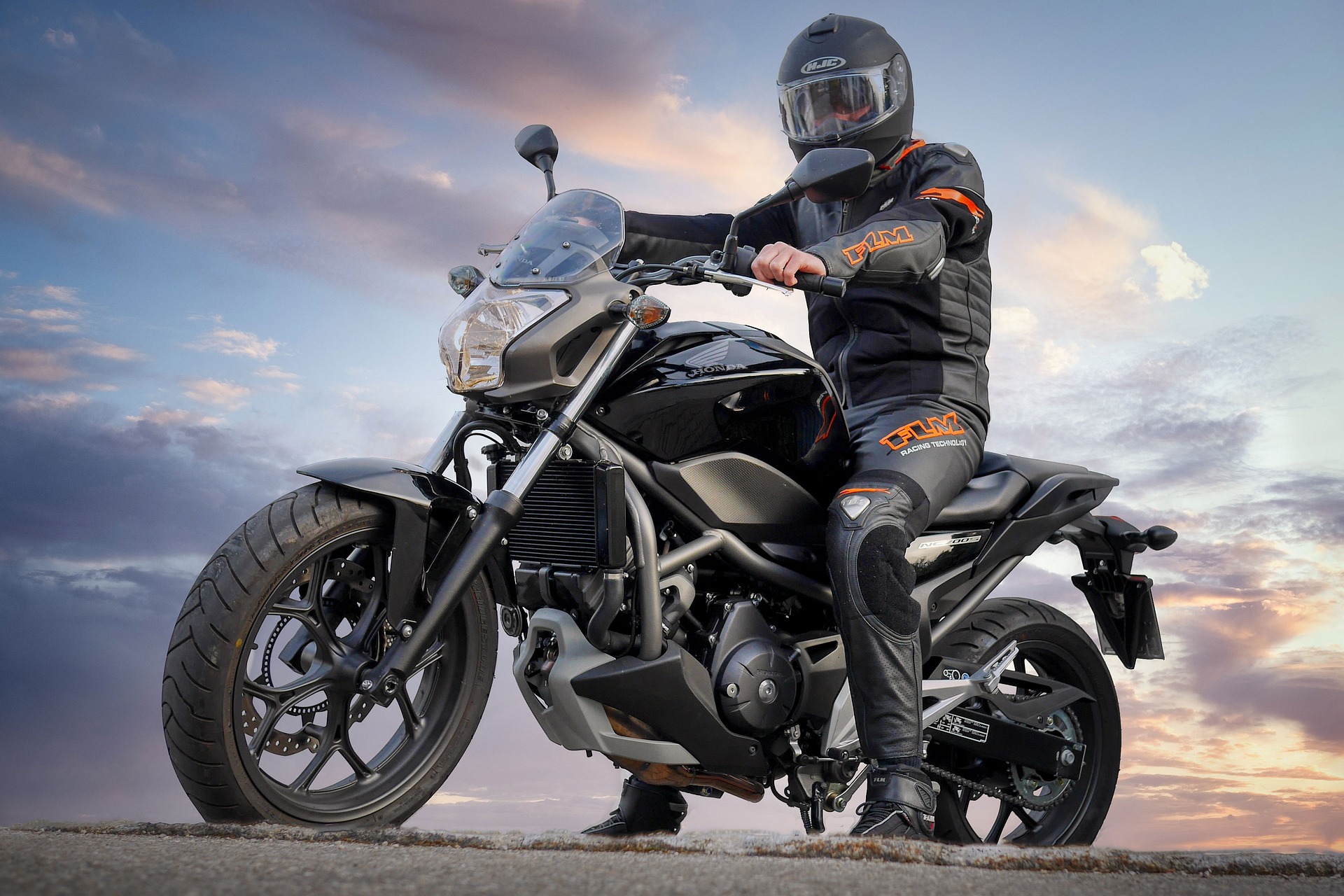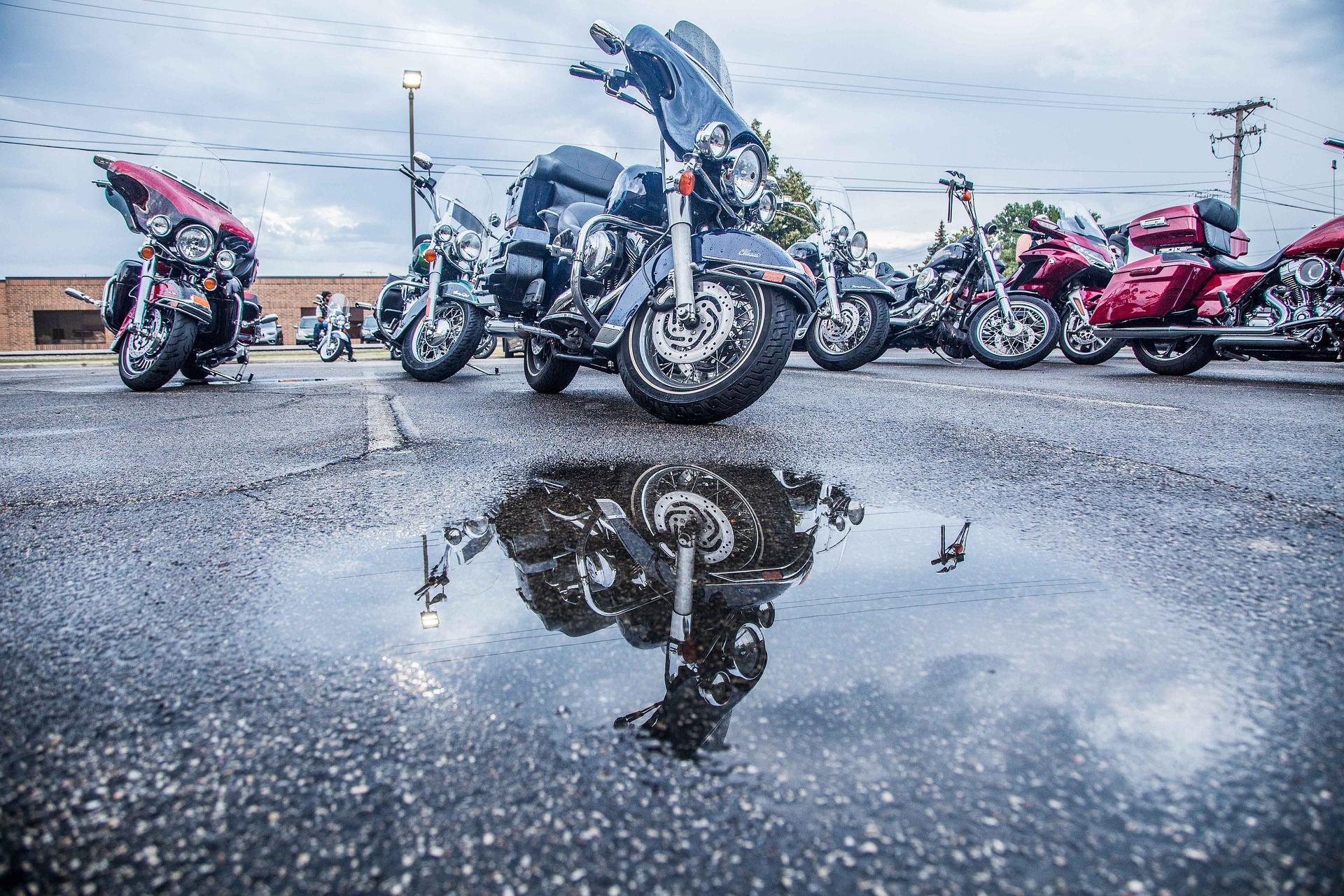If you’ve Been Injured, Keep this in Mind
Riding is exhilarating. Those who ride love the feeling of the open road because it’s just that much more open when you’re on two wheels. A fun ride in the evening, a morning commute, or a cross-country trek can quickly go from exhilarating to debilitating when you have to deal with negligent motorist. And if that does happen, you will want a Texas motorcycle injury lawyer on your side to help you navigate the tricky legal waters ahead.
There are, however, a few things that you can do to ensure a settlement after a motorcycle crash goes as smoothly as possible. Let’s check out what the Car Crash Captain has to say on the matter.
Six Factors after a Texas Motorcycle Wreck
There is a lot that you can do after a wreck, but if you’re laid up in the hospital, there is a lot more that you simply can’t do. These points to ponder are in no particular order, they’re all equally important.
Preserve Evidence
If you’re picked up by an ambulance and hauled off on a stretcher, you’ll have trouble preserving the evidence at the scene of the wreck. So, what does it actually mean to preserve evidence when you’re limited in such a way?
It means to make sure that all medical bills are safely stored. When you do have your bike repaired (or replaced) keep all of the repair estimates. Make sure everything is done in writing and not verbally. Any correspondence with the insurance companies especially should be backed up with written evidence.
Communicate Carefully
That brings us to the next tip from your Texas motorcycle injury lawyer: talk sparingly with the insurance companies. Yes, you are going to have to file a claim and you will have to give them some information. However, they’re not going to be on your side – these companies want to make money and pay as few claims as possible.
Before disclosing any information, and especially don’t say anything that could be interpreted as admitting fault, tell them that you’re working with Herbert Law Group to make sure that all is sorted out appropriately.
Consult with a Texas Motorcycle Injury Lawyer
We have to get to know you, and find out what happened, before we can be of help. That’s why we offer a free initial consultation. We’ll learn what happened and assess what we can do to help.
Even if you choose a different attorney, legal representation will make your claim a whole lot smoother. Motorcycle attorneys know the intricacies of the law and understand how to fight for your rights.
Understand the Time Limits
You don’t have to file your claim immediately, but you can’t sit around forever trying to decide if you want to file a claim. Texas has a two-year limitation to file your personal injury claim – that sounds like a long time, but if you’re in the hospital and working through rehab, that time is going to go quickly.
There’s another time limit to be aware of too. Insurance companies will often pressure you to make a quick decision to accept their settlement offer. They might even go as far as saying it’s only available for a limited time, or you have to accept it by a certain date before the amount is reduced. You shouldn’t feel pressured; and your Texas motorcycle injury lawyer can help you handle these situations.
Consider Long-Term Consequences
When you are involved in a wreck, there are aspects of your claim that are easy to see and easy to handle. If it costs $10,000 to replace your bike, then you deserve $10,000. If you cut your arm and it takes 6 weeks to heal, then you know that in six weeks you should be mostly back to normal.
But motorcycle wreck injuries are rarely as simple as a cut on your arm. They take time and they have long-term effects. If you break your leg in 10 places, you likely won’t walk “normal” ever again. How do you seek compensation for walking with a limp for the rest of your life? It starts with using a great motorcycle attorney.
Prioritize Your Safety
Long before you get in a wreck, prevent the injuries before they happen. We have written extensively on the proper safety gear you should wear, why it’s important, and how many lives it has saved. Make sure you’re taking care of yourself, because a negligent motorist sure won’t!
Learn about Motorcycle crash bars, or gear for riding in the heat, or the proper motorcycle helmet.
Talk it over with Herbert Law Group
We are here to help you deal with the challenging aftermath of a motorcycle wreck. We know it may end up being a long recovery, and we want to make sure you’re compensated for the wreck. We’ll work hard to ensure you get what you deserve.
It all starts with that phone call. Let’s talk about what happened, and find out the best path to recovery. Call us at 214-414-3808, or fill out the contact form on our site to get things rolling.

